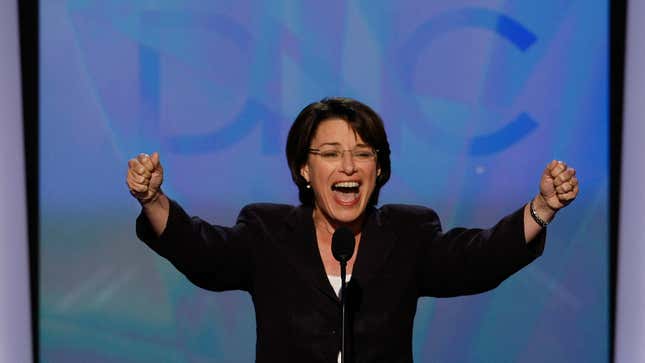

Senator Kamala Harris has received a considerable amount of fair and deserved criticism regarding her tenure as a “tough-on-crime” district attorney and attorney general in California, and it seems that the record of Senator Amy Klobuchar, another former prosecutor and 2020 contender, is receiving the same scrutiny.
The Daily Beast did a little digging into Klobuchar’s handling of school absences while she served as Hennepin County Attorney, and they found a record of treating truancy as a problem to be solved, at least in part, by the criminal legal system:
-

-

-

-

-

-

-

-

-

-

-

-

-

-

-

-

-

-

-

-

-

-

-

-

-

-

-

-

-

-

-

-

-

-

-

-

-

-

-

-








































